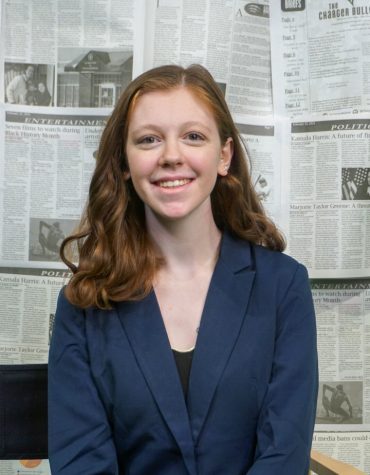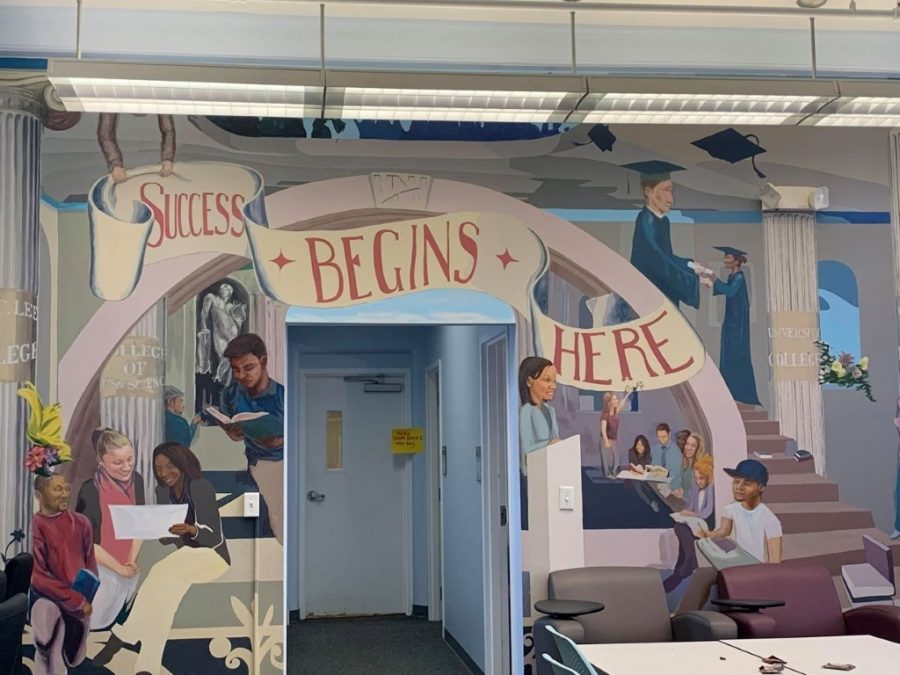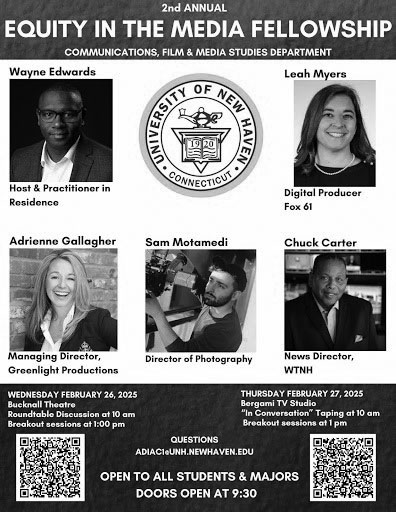Does High School Prepare Students for University?
The transition from high school to college is taxing for many students. The workload is heavier and the classes are more challenging. While high schools strive to prepare students for this academic leap, not all students feel fully prepared when beginning college. The University of New Haven tries to smooth the transition for students by offering academic resources, such as the Center for Student Success (CSS).
Helena Cole, the director of the CSS, said that most high schools do not properly prepare students for college. She said that the standard high school curriculum does not help students with the levels of stress and hard work that comes with taking college courses. In addition, high schools cannot offer students what is in some cases the most difficult adjustment when living on a college campus: time management and independence.
Before college, many students have 12 years of grade school with parents helping with schedules and time management. When a student leaves that behind and moves onto campus, that structure disappears.
Cole said, “The first semester of college is like a honeymoon period. They [students] want to try new things and enjoy all of their free time and that is good, but they need to learn what time works best for them to do homework or run errands. The first semester is a lot of trial and error.”
To help students learn time management, the CSS offers a time analysis chart. For a week, students fill out the chart and write when they went to class, when they napped, when they did homework or did nothing. The CSS asks students to be honest when filling out the chart so that when they return it to them, CSS staff can help students map out when they could have done more work and when is a good time to focus on social activities, such as clubs or sports.
Freshman Sydney Langkabel, a forensic psychology major, said she has struggled with juggling school and the social aspect of college.
Langkabel said, “To an extent, high school prepares you with AP classes but it doesn’t prepare you for the social aspect on top of it. I came from a small high school and am now at a much larger school. I wasn’t prepared for this.” Another struggle that Langkabel has had is that, “teachers all have a different teaching style. I have to learn how to adapt to each teacher and their style.”
Cole said that it usually takes a year for her and the other staff members to see a change in students. While the first semester is a trial period, Cole said that when first-year students come back for their second semester, “They generally know what to do. They have more confidence and have learned their lesson. They know what worked for them, what didn’t, and what to improve on.”
Cole offers advice to students: “If you want help, you need to be committed to making the change. Make use of your resources. Find your support system. Find the one that works for you and take advantage of it. Don’t wait until the end of the semester.”
The CSS is open to students of all majors. If a student needs help with a subject in their field, the CSS has staff from each school within the university. Through Starfish (located on Blackboard), students can choose the topic they need help with and request the staff member they would like to receive help from.
Located in Maxcy 106, the CSS office is available Mon.-Thurs., 8:30 AM- 7:00 PM., and Fri., 8:30 AM-4:30 PM. Meetings can be set up by emailing CSS@NewHaven.edu.

Beth Beaudry is a senior majoring in communication with a double concentration in journalism and public relations, and a minor in English. This is her...








